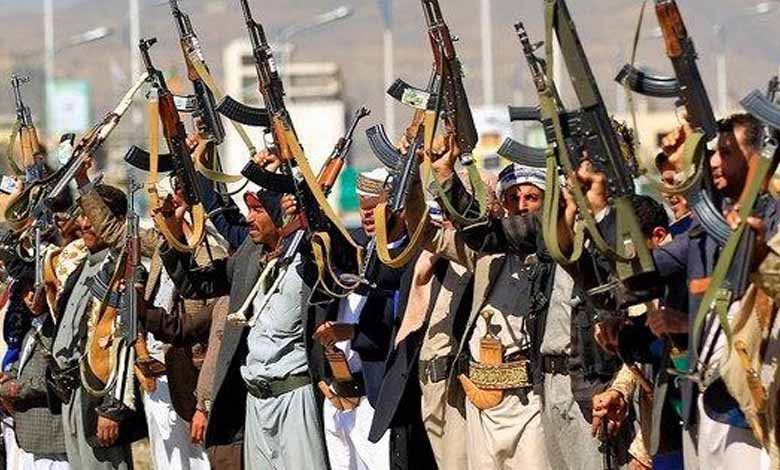Britain: Houthis’ refusal to extend truce is a threat to peace in Yemen

All international efforts to extend the previous U.N. truce in Yemen, which ended on October 2, have so far failed after Iran-backed Houthi militias last week blocked the extension of the truce for a third time, imposing unacceptable conditions.
Without agreement, UK government spokeswoman for the Middle East and North Africa Rosie Diaz called for a warning against endangering the chances of peace, stressing that “the refusal of the militias to extend the truce endangers the chances of peace.”
Rozi Diaz stressed in tweets on Wednesday that “the time has come for the Houthi leadership to communicate constructively with the United Nations,” calling on all parties to avoid any escalation, because it is considered the best chance for peace since the start of the war, and this is what the Yemeni people deserve. She pointed out that the Houthis rejected the extension proposal on October 2, adding that since last April, Yemenis have lived in greater security, traveled more freely, and the flow of oil to Hodeidah.
“Despite the government’s concessions to renew the truce, based on its concern to alleviate the suffering of all citizens, the extension of the truce clashed with the Houthi militias’ dependence on the Iranian regime,” said Foreign Minister Ahmed Awad bin Mubarak. “The Houthi group has so far rejected all offers to extend and expand the truce,” he added.
Last week, UN envoy to Yemen Hans Grundberg expressed regret that the truce had not been renewed in the country, stressing that it would lead to significant risks.
It is worth mentioning that the United Nations announced last August 2 that the Yemeni parties agreed to extend the truce for two more months, under the same conditions, from August 2 to October 2, 2022.
This extension followed an earlier United Nations truce that came into effect last April (2022) on all the battlefronts in Yemen for two months. It stipulated a halt to offensive military operations by land, sea, and air inside Yemen and across its borders. A meeting was held between the parties to agree on opening roads in Ta’izz and other governorates to improve the freedom of movement of individuals inside Yemen, and to facilitate the entry of 18 ships carrying fuel to Hodeidah ports in western Yemen within two months, in addition to allowing two flights to and from Sanaa International Airport on a weekly basis.
“The conflict in Yemen has been raging since 2014 between the Iran-backed Houthis and government forces backed by a Saudi-led military coalition, and the war has killed hundreds of thousands of people directly or in repercussions, according to the UN.”
“But since April 2, the truce has allowed a cessation of hostilities, and some measures have been taken to alleviate the living conditions of the population in the face of one of the world’s worst humanitarian crises, before the truce ends at the beginning of this month.”
The Houthis are demanding that pensioners in areas under their control be paid “without discrimination,” meaning that the Yemeni government should pay the salaries of employees and military personnel of the internationally-recognized Houthi government, as well as allow oil derivatives and commercial ships to enter their territory for goods, medical supplies and medicines.












